The boards of four Washington organizations will vote in the next few weeks on whether to go ahead with a plan to consolidate into a new organization called the Washington Tree Fruit Association.
A consolidation task force has been working over the past year on a plan to streamline the industry-support groups in order to avoid duplication and enable the industry to speak with one voice on legislative and regulatory matters.
The Task Force presented an outline of the plan during the Washington State Horticultural Association’s annual meeting in December so that growers could provide feedback. At a meeting of the task force in January, members agreed on a white paper that the boards of each of the four organizations will vote on by March 1, task force member West Mathison announced this week.
If they approve it, by-laws for the Washington Tree Fruit Association will be drafted and a transition board will be appointed, Mathison told growers at the North Central Washington Apple Day on January 23. That board’s job will be to hire an executive director and begin transitioning to the new organization with the aim of having it up and running by September 1. The existing organizations will wind down by late 2014 or early 2015.
The new association will assume all the functions of the existing groups, which include training and education, reporting industry data, member services, policy setting and advocacy, and providing support to other tree fruit organizations, such as the Northwest Horticultural Council and the U.S. Apple Association.
Advocacy was one of the drivers behind the consolidation, Mathison told growers at the North Central Washington Apple Day in January, because it’s important that the industry speak with one voice. “It works better when the industry can deliver one message,” he said.
One of the more controversial points has been how to ensure that small growers are represented by the new organization.
If the plan goes forward, it will have six classes of membership:
– Independent growers who own orchards but have no financial interest in a packing or marketing company. They can be members of tree fruit cooperatives but not employees.
– Growers who own or represent an entity involved in commercial tree fruit production.
– Packers
– Marketers. Marketers are defined as companies that have agreements to sell fruit of designated packers or groups of growers. This excludes brokers.
– Associate members. This category is for industry-associated people such as those representing banks, chemical companies, or box vendors. These would be non-voting members.
– Lifetime or legacy members. These would be non-voting members.
Funding
Packers will remit dues of $7.50 per car load (1,000 boxes) to the new organization, which Mathison said was similar to the amount growers pay currently to the industry organizations. The amount might decrease after the consolidation, depending on efficiencies gained. Growers will pay nothing for receiving emailed industry data as long as they are registered under a packer that pays dues, but those who prefer to receive it in the mail will pay a fee of $100 a year to cover mailing costs.
Marketers will register for a flat fee of $1,500 if they handle less than a million boxes of fruit or $2,500 for more than a million boxes.
Associate members will pay $650 for receiving movement and pricing date or $450 for movement data only.
Board
The association will have a board of 13 trustees comprising: five independent growers (two from the northern part of the state and three from the south, to reflect the greater tree fruit acreage in that area); five packers/marketers (two from the north and three from the south); and three “at large” growers. Mathison said the task force had not yet determined the exact border between the north and south districts.
Terms will be three years, with a limit of three consecutive terms.
For information, contact Kirk Mayer at kmayer@waclearinghouse.org, Jon DeVaney at jon@yvgsa.com, Bruce Grim at bruce@wahort.org, or Charlie Pomianek at ctp@wvtraffic.com.

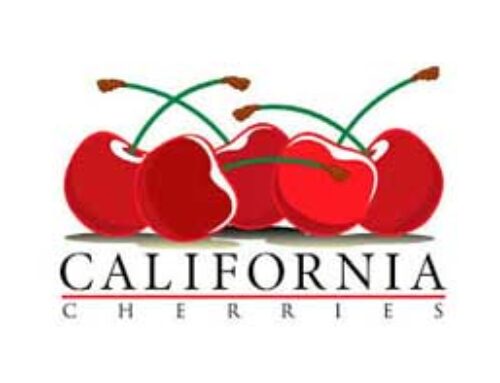
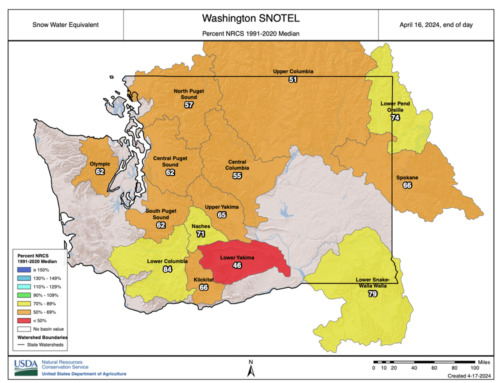
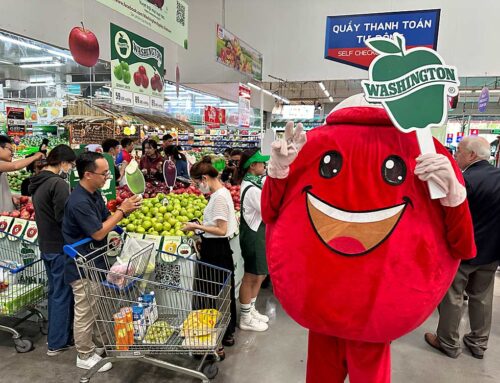
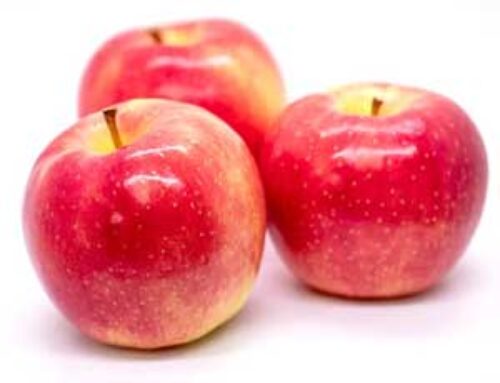
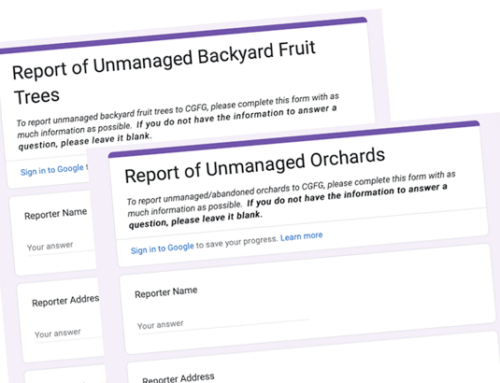
Leave A Comment